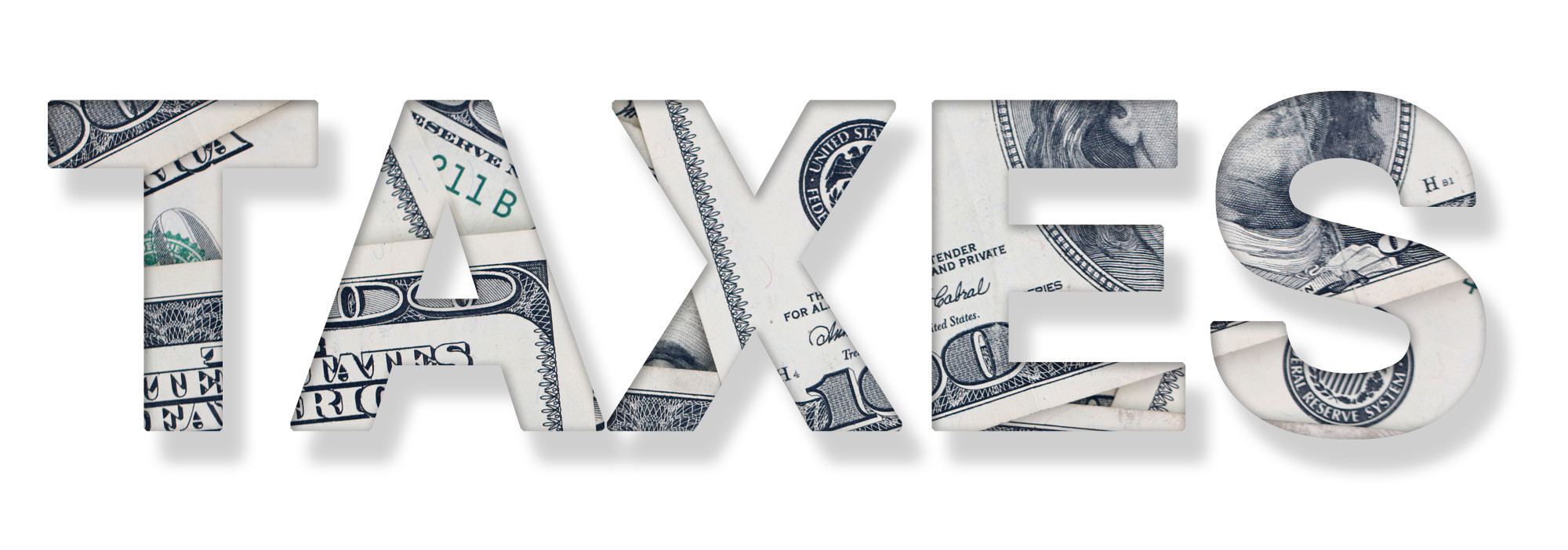3 out of every 5 Americans that live abroad work abroad.
Some of those international workers have been relocated by their domestic jobs. Others have chosen to go to new countries on their own accord in order to start businesses or seek special opportunities.
Whatever the reason is as to why you or other people have found yourselves making money outside of the USA, one central thing binds everyone together… Taxes.
Taxes are an inescapable part of life. Unfortunately, not even leaving the country can help you escape tax’s wrath.
If you’re wondering “how do tax returns work for expats”, this article’s aim is to add clarity to things.
Below, we share a handful of facts and advice that should help you to better understand what your tax obligations are.
1. No Matter Where You’re Living, You Need to File US Taxes
If you’re a US citizen or green card holder, no matter where you’re living, you need to file taxes every year.
This is a fact that catches many people by surprise. After all, if you’re not living in the US, you’re not really taking advantage of its perks, right?
Well… Not really.
If you can access the United States and take advantage of the benefits that come along with being a legal resident or citizen at your leisure, the country asks that you contribute to its ability to operate smoothly.
Bottom line – Expect to pay US federal taxes forever unless you choose to denounce your citizenship or residency.
2. State Taxes May be a Requirement
You’re required to pay taxes to whichever state that you live in. These taxes are in addition to your federal taxes.
What if you don’t live in any state though? Are you still required to pay taxes somewhere?
Probably not.
If you live in a state part-time though, pursuant to whatever the state’s laws are regarding residency, you may have to pony up tax dollars.
Your best bet here is to talk to an accountant to see what your obligations are. You could also declare residency in one of the handful of states that don’t charge income taxes.
3. Expats Get a Special Tax Deadline
Most of your friends and family members will need to file their annual taxes in April. Since you’re an expat and your situation is more complicated than most though, you’ll get a special filing deadline.
The United States federal tax deadline for people living aboard is June 15th. If you have any back-taxes that you owe from the previous year though, those taxes will need to be paid on the standard April 15th deadline.
4. There Are Penalties If You Choose Not to File
Just like what would happen if you were living domestically and chose not to file, those that are living abroad and shirk their tax responsibilities will run into trouble.
For starters, if you owe money and you don’t pay, that money will start accruing interest. Because of that, when you finally settle up with the IRS, you’ll owe much more than would have initially been asked of you.
Furthermore, chronic tax delinquency could result in additional fees, wage garnishments and even jail time (this is rare for the average person).
Given the stakes, it’s best that you just plan for and pay your taxes as is required.
5. The Country You’re Living in Will Likely Want Your Money Too
Did you think that paying taxes in the US was going to be your only obligation while working abroad? Chances are, that won’t be the case.
Your host country will want to get in on the action as well.
There are tax equalization programs and credits that help expats to not get gouged by too many tax collectors. Even with the help of those things, you may still find that the number of hands in your pockets while working abroad makes working domestically a much sweeter looking deal.
6. Green Cards and Visa Holders Beware
Keeping up with your taxes when you’re working abroad is especially important if you’re a green card or visa holder.
The US immigration office sees a stellar tax payment record as a sign of good character which can go a long way when it comes to getting your residency extended and possibly paving the pathway to citizenship. On the flip side, if you’re found evading taxes without citizenship status, you could be asked to leave the country.
7. Accountants Can Be a Big Help
If you’re overwhelmed by all of this how do tax returns work for expats information, try not to be. Taxes seem like a foreign language to most people. Hence the reason why people love accountants so much.
A good accountant that has experience working with expats can take all of the stress that you’re feeling around taxes off of your shoulders for a nominal fee.
Also, since accountants know what they’re doing, your taxes will be much less mistake-prone and will consequently, be less likely to incur an audit.
Wrapping Up Our How Do Tax Returns Work Advice
Hopefully, our information above has answered most of your how do tax returns work for expats questions.
If you’re still not 100% sure how to proceed with your tax filing situation, you’ve got two options:
Talk to a qualified accountant that can help walk you through any trouble that you’re having or browse more of the free content on our site to dig up additional helpful financial advice.

